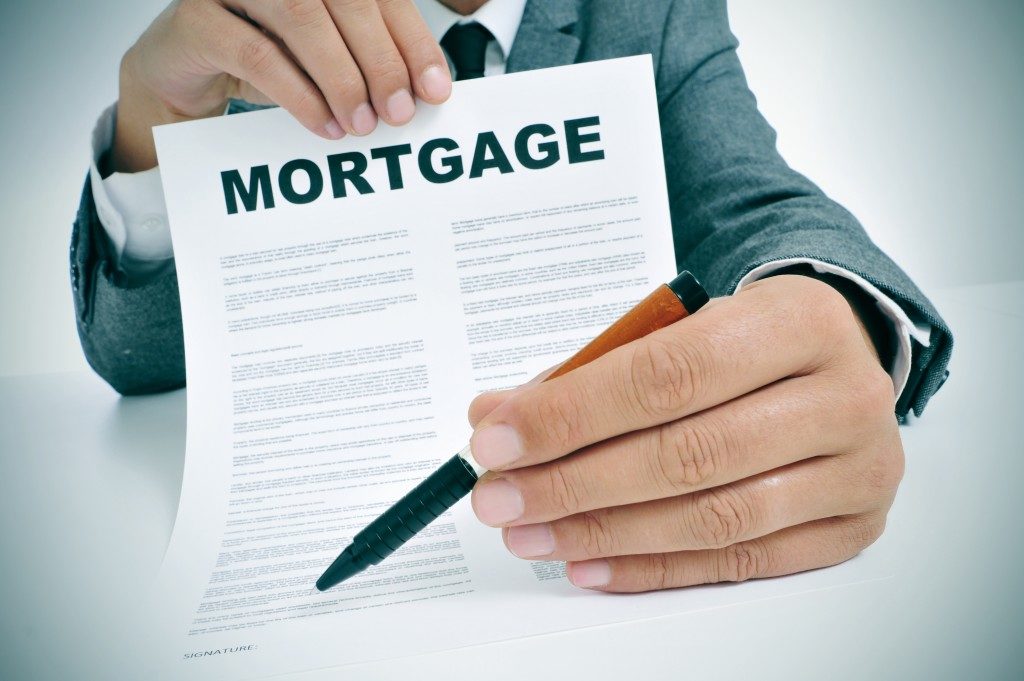When your home is under a mortgage contract, you’re usually making one payment every month or a total of 12 payments every year. That’s how mortgages are typically designed, ensuring that you can budget for it monthly and that you’ll always know exactly how much to pay.
However, typical mortgage terms last for 30 years, and realistically speaking, almost no one remains in one home for that long. The average length that a family stays in one home is only 8 years, according to the first-quarter U.S. home sales report by Attom Data Solutions. While that length still makes 12 payments a year still feasible, it wouldn’t hurt to pay off your mortgage earlier, because that way, you’d be saving a lot of money from interest.
That said, here are different ways on how to pay off your mortgage easier and faster:
1. Make Biweekly Payments
If you only pay once a month, make that twice, instead. In a biweekly payment, you divide what you’re currently paying every month, so if you’re spending $1,000 monthly, make that $500 every two weeks. It would seem the same thing as making one payment every month, but here’s the difference: if you pay $500 every two weeks, your total yearly payments will fall at $13,000, and that extra $1,000 will be applied directly to your principal.
Here’s how much money you can save from the interest. If your home in Guilford, for example, has a mortgage principal rate of $200,000 and a fixed 5% interest, making biweekly payments can save you over $34,000 in interest, and you’d be able to pay off your mortgage five years earlier.
If your lender happens to not allow biweekly payments, you can still make it work by dividing your monthly payments by 12 and then adding an amount specifically for the principal. As a result, you’d still be making regular monthly payments, plus an extra that can be directly applied to the principal.
2. Make Extra Payments Whenever You Can

If your current circumstances deem a biweekly payment impossible, then only make extra payments whenever it’s convenient for you. If you pay $1,000 every month, try to add $35 whenever you can, and the next time you’re able to pay extra again, make that $40. The idea is to increase your extra payments as you go along, enabling you to pay off your mortgage earlier.
3. Take Advantage of Windfalls
When you get a raise or receive bonuses, set aside an amount for your mortgage payments right away. Also do the same for cash gifts, tax refunds, and any other kind of windfall. Try to resist the temptation of splurging in something unnecessary when you receive a huge amount of cash; think about the reward of being able to pay off your mortgage earlier!
4. Refinance
Refinancing is always an option if you want to pay off your mortgage easier. In your new contract, the interest rate will most likely be lower, which means you’ll have a smaller amount to pay every month or every two weeks. You can also refinance for a shorter term, which would increase your monthly payments but will ensure that you can pay off your loan faster with lesser interests in total.
5. Reduce Overspending
Re-assess your spending habits and make adjustments if necessary. You may be shopping too much, dining out too often, or buying luxuries that you can certainly live without. Skip spending for these nonessential things and put the extra money into your savings. With more savings, the more you’re able to make extra payments for your mortgage, wiping out your debt faster.
Bonus Tip: No Pressure
If, at the moment, you’re incapable of paying off your mortgage earlier, don’t panic. If you have other financial obligations such as tuition fees and credit card debt, don’t sacrifice those for your mortgage. The key is to budget wisely and to cut down unnecessary expenses, and in no time, you’d find yourself debt-free and more financially stable.

